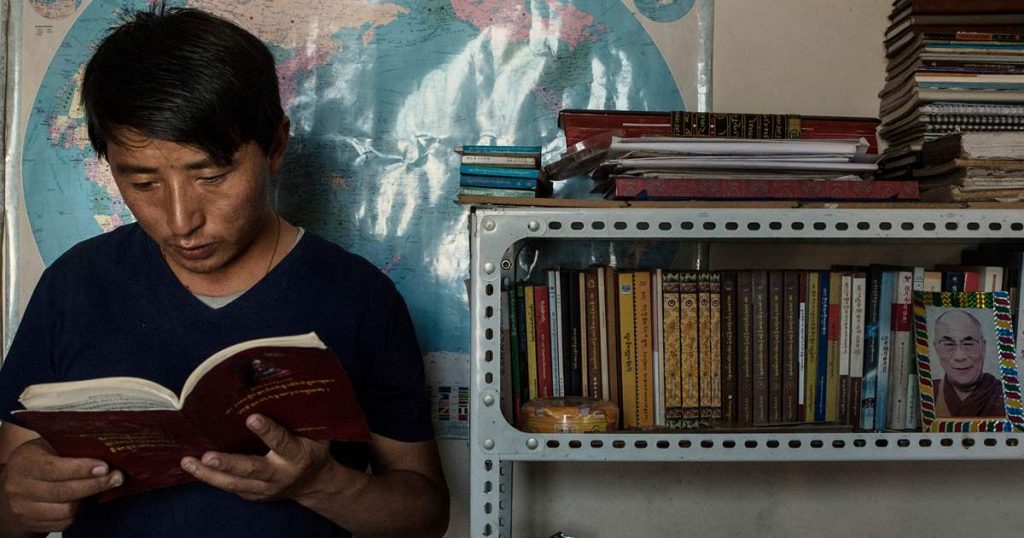
Tashi Wangchuk, a Tibetan language rights activist who was imprisoned by the Chinese government on charges of inciting separatism, has been released upon completing a five-year sentence. Wangchuk was featured in a 2015 documentary by the New York Times, which detailed his efforts to advocate against the government’s linguistic assimilation of ethnic minorities; this same documentary was used as evidence against him in court.
Although the Chinese constitution guarantees ethnic minorities the “freedom to use and develop their own spoken and written languages,” this has not been the case for many residents of the country. In recent years, Chinese education policy has shifted such that students are primarily taught in Mandarin, rather than local languages—this has led to widespread discord in regions with high populations of ethnic minorities, such as Tibet and Inner Mongolia.
“In politics, it’s said that if one nation wants to eliminate another nation, first they need to eliminate their spoken and written language,” Wangchuk said in the Times documentary. He argued that the government’s current policy toward minority languages will only further repress these languages and ultimately lead to cultural erasure. Speaking in Mandarin, Wangchuk noted in the documentary that he felt his own Tibetan skills—which he learned while studying in a Tibetan monastery and in private lessons—were dwindling away.
In 2015, he attempted to sue the Chinese government, claiming that the language policy violated the constitutional rights of the country’s ethnic minorities. However, his efforts were unsuccessful. Wangchuk was detained in 2016 for his comments in the documentary. Despite the fact that Wangchuk never advocated for Tibetan independence, he was charged with inciting separatism—a charge often made against ethnic minorities who challenge the status quo, according to the Times. His imprisonment was widely condemned by the international community, and a petition to free him gained some momentum early last year.
Tibet is home to a wide range of minority languages, most of which are distantly related to Tibetan and its several dialects. While Standard Tibetan has more than 1 million native speakers, many dialects of the Tibetic language family have a much smaller population of speakers and are classified as endangered by the Endangered Language Alliance.
“If you want to learn about true Tibetan culture now, the only way is to become a monk and learn in the monastery. Basically, there are no other places you can learn,” Wangchuk told the Times.
Photo courtesy of Amnesty International.





